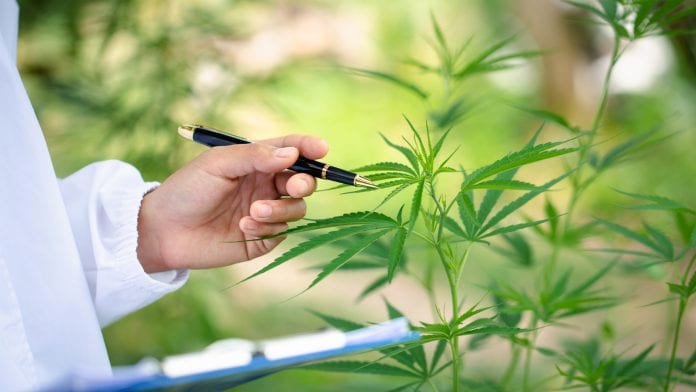Cannabis, despite its growing legalization and economic significance, remains largely absent from the education syllabus of agriculture students. This omission raises questions about the future of agricultural education and the readiness of future farmers and industry professionals to engage with one of the fastest-growing agricultural sectors. This article explores the reasons behind this exclusion and its implications, with a focus on SEO-rich content for better visibility.
The Legal and Regulatory Landscape

1. Complex Legal Status
The primary reason cannabis is not included in agricultural education is its complex legal status. While some countries and states have legalized cannabis for medical or recreational use, it remains illegal at the federal level in many places, including the United States. This discrepancy creates a legal gray area that educational institutions are hesitant to navigate.
- Federal vs. State Laws: In the U.S., for example, cannabis is legal in several states but remains a Schedule I controlled substance federally. This dichotomy complicates the inclusion of cannabis in any federally funded educational program.
- International Variability: Globally, cannabis laws vary widely. Countries like Canada have fully legalized cannabis, while others maintain strict prohibitions. This international variability further complicates the inclusion of cannabis in standardized agricultural curricula.
Institutional Resistance and Stigma
2. Stigma and Misconceptions
Despite growing acceptance, cannabis still carries significant stigma, which influences institutional policies and decisions.
- Historical Stigma: The historical association of cannabis with illegal drug use and counterculture movements contributes to its negative perception.
- Educational Conservatism: Educational institutions often adopt conservative approaches, avoiding controversial subjects that might attract negative attention or backlash from stakeholders, including parents, donors, and government bodies.
Curriculum Development Challenges
3. Lack of Established Curriculum
Developing a comprehensive curriculum for cannabis cultivation and production poses several challenges.
- Limited Expertise: There are relatively few experts with both academic and practical experience in cannabis cultivation, making it difficult to develop and teach a standardized curriculum.
- Evolving Best Practices: The cannabis industry is rapidly evolving, with best practices and regulations frequently changing. This dynamic environment makes it challenging to create a stable and relevant educational program.
Economic and Industry Factors
4. Economic Impact and Potential
Despite its absence from agricultural education, cannabis is a major economic force with significant potential.
- Job Creation: The cannabis industry is a major job creator, with opportunities in cultivation, distribution, retail, and ancillary services. Including cannabis in agricultural education could help meet the growing demand for skilled professionals.
- Research and Development: There is significant potential for research and development in cannabis agriculture, including strain development, pest management, and sustainable cultivation practices.
Moving Forward: The Case for Inclusion
5. Benefits of Including Cannabis in Agricultural Education
Including cannabis in agricultural education can offer numerous benefits:
- Industry Relevance: Preparing students for careers in a growing industry ensures that educational programs remain relevant and responsive to market demands.
- Comprehensive Education: Providing a well-rounded agricultural education that includes cannabis helps students understand a diverse range of crops and agricultural practices.
- Innovation and Research: Encouraging academic research into cannabis cultivation can drive innovation and improve practices within the industry.
Conclusion
The exclusion of cannabis from agricultural education syllabi is a complex issue influenced by legal, social, and institutional factors. However, as the legal landscape evolves and the economic significance of cannabis continues to grow, there is a compelling case for its inclusion in agricultural education. By overcoming stigma and developing comprehensive curricula, educational institutions can prepare students for successful careers in one of the most dynamic sectors of modern agriculture.


